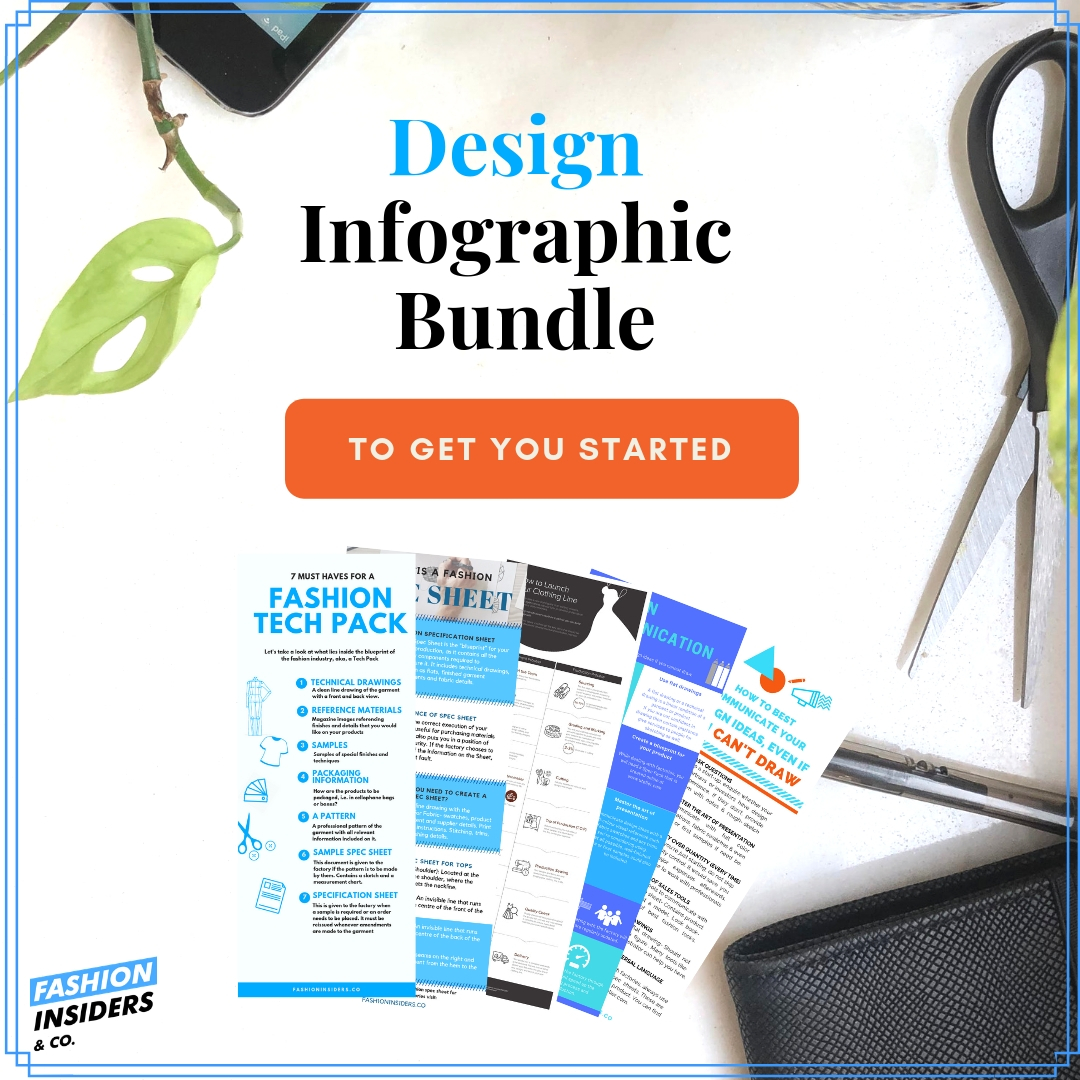Let it not be forgotten that no (wo)man is an ocean and that in the pursuit of a successful fashion career it’s impossible to thrive singlehandedly. This is a genuine story of a fashion professional and her mentee journey.
The Journey of Monisola Omotoso from a fashion designer to a pattern cutter.
When I embarked on my first enterprise as a fashion designer, while in my final year at University I felt invincible and ready to take on the fashion world. I had designed a menswear item that was bought by Paul Smith, the design emporium of the times, Jones, on the Kings Road, and the Duffer of St George. I was supported by my university tutors and the buyers at the stores I sold to.
They advised me and introduced me to members of the press who gave me a lot of coverage in their newspapers and magazines. Looking back, I guess they were my early mentors but at the time I wasn’t even aware of the term and its importance.
After graduating and with the confidence of selling to such illustrious stores, I wanted to focus on ladies wear so I wrote a business plan to try and raise funds for the production of my first collection.
Subsequently, I was awarded a grant by The Princes Youth Business Trust, of late, The Princes Trust. During my interview for viability, I was informed that I would be allocated a business advisor who would select a mentor for me. At that stage in my career, I was a little unsure what a mentor actually was and how they were supposed to help me.
The Princes Trust understood the importance of nurturing and guiding talent in young people. By allocating a mentor in the form of an appropriate fashion business owner or manager to a budding designer, the right one will be a fount of knowledge.
In addition to their business acumen, they will also open up their address book and potentially introduce you to a myriad of useful contacts. Finding one mentor who can support you in all areas of your business isn’t always possible.
Without their support, things would have been much more difficult to navigate on my own.
Your First Mentor(s) and What They Can Teach You
My first mentor ran a company that produced uniforms and workwear to catering companies and he supported me with financial forecasting and day to day business management.
This was useful but once I had understood the machinations of financial forecasts I felt I wanted someone to help with introductions to potential buyers or support with manufacturing.
My second mentor was better placed to help with the latter as she was the director of a company called Shelana, who produced ladies blouses. She introduced me to a couple of manufacturers who were able to offer short-term help.
My mentoring journey with Shelana ended after a couple of years and in spite of many efforts made to try to find another mentor through the Prince’s trust I was unsuccessful. My business continued, without mentorship, for many years until I met someone who would serendipitously act as a mentor of sorts.
Simon Reeve, the television presenter, introduced me to his friend Charlotte Soussan, who worked for Evian and they awarded me money to produce two seasons worth of collections. When that ended I was backed by them to develop a range of maternity clothes that I sold to Harrods and other maternity wear stores in the country.
My mentorship with them included being introduced to a great photographer who used Rosemary Ferguson in my campaign and working with a PR company who got me a lot of press. Without this support, things would have been much more difficult to navigate on my own.
Whether to Trust Your Mentor Completely or Not?
My latest journey with mentoring has been the most interesting and beneficial one by far. It began two years ago when I felt I had got as far as I could go with the development of a range of handbags.
I had been working on the range for quite a few years trying to find the right manufacturer to produce them. My first attempt at working with a factory was unsatisfactory and the money invested in me by a friend was wasted.
I had developed a technique to create ergonomic, sculptural handbags by elevating a humble vintage textile embellishment called Italian quilting. I could make the products so I knew it was possible for others to make them properly but they were labour intensive and the stitching needed to be precise. I was selling them on a bespoke basis to a couturier I had met while I was lecturing at LCF and realized that because I was receiving fantastic orders, I had to explore scaling up.
Dessy (my mentor) also helped me realise that my skill as a creative pattern cutter wasn’t being pushed far enough.
But, how was that possible without a great manufacturer? I had all but given up when I realized I needed a mentor who could perhaps help me to find a manufacturer in Italy. I stumbled upon a company on Instagram while reading the comments made on a Sophie Hulme post. That company was Mentor Matcher.
The brainchild of a lady who had spent some time in prison for fraud and who felt that she would try to support women by pairing them with an appropriate business mentor. I signed up and after attending their first meet up I was eventually matched with Dessy [Tsolova]. Her background is in design and product development as well as factory sourcing. She was a perfect match. Our first of 12 monthly meetings was a revelation.
Dessy completely stripped my product back, suggesting I simplify zip pullers, refine straps and bin the dog tag I was obsessed with using. She compared my product to Bottega Veneta, which was amazing, and suggested I do some research on the company aesthetic.
She set me tasks so that I could define my brand DNA, ideal customer and edit my bag styles.
In addition to the bag brand, I was intent on bringing to market, Dessy also helped me realise that my skill as a creative pattern cutter wasn’t being pushed far enough. We simultaneously worked on developing both areas which, while tough, was necessary.
What did I do with the Advice from my Mentor?
I have always done my own patterns for all of my collections. Pattern cutting is actually my first love and while running my companies, I also freelanced as a pattern cutter for start-ups.
From the beginning of my mentoring sessions, this was the area I should have focused on entirely but I was slightly obsessed with getting my bags out there.
We were not successful in sourcing a factory to produce my bags but I launched a website offering bespoke bags which I would continue to produce myself. I felt I had taken the bag brand as far as I could without a huge injection of cash so I decided to put it on hold and to focus on my pattern cutting as Dessy had suggested.
It has been the best decision I have made and I have been getting a lot of work, through Instagram, with start-up companies working in the sustainable, slow fashion arena.
Within Pattern Cutting Deconstructed, I also offer tuition and upload videos that focus on draping pattern cutting techniques done on the flat. I am also developing a range of patterns that will teach the process of pattern cutting as I feel that the actual skill needs demystifying.
Finding a mentor to support you while building your fledgeling business should be number two on your business to-do list.
The Future…
My plans for the future include selling the teaching patterns as ready to make up in order to attract a bigger slice of the dressmaking community. To teach workshops around the country with my patterns and to push for an own-made more sustainable slow fashion future.
I also hope to run a pop-up shop that sells my edit of patterns and made up garments from pattern producers that I admire, my own patterns and garments, therefore, straddling own-made and retail.
My mentorship with Dessy has also led me on a path that I would never have considered two years ago.
Click here if you want to WRITE FOR US
I love the fact that I am able to marry academia with creativity and feel that my career is well rounded and very satisfying.
Finding a mentor to support you while building your fledgeling business should be number two on your business to-do list.
Remember that mentors also have mentors and sharing skills and business acumen can only foster great business practice.
To Get the Most out of Your Mentor I Would Suggest the Following:
- Remember that your mentor is a volunteer who is offering you help with a skill set that they have more experience in than you, the mentee.
- Take responsibility for your own learning and absorb all of the knowledge that you can.
- Give your mentor at least 24 hours notice should you need to cancel your meeting.
- Set realistic expectations with your mentor by setting attainable goals for your time spent together.
- Do the homework that they set you and attend meetings with a prepared agenda.
- Take appropriate risks by trying new actions and assessing what you have learned. This can be used to guide the mentoring conversations.



